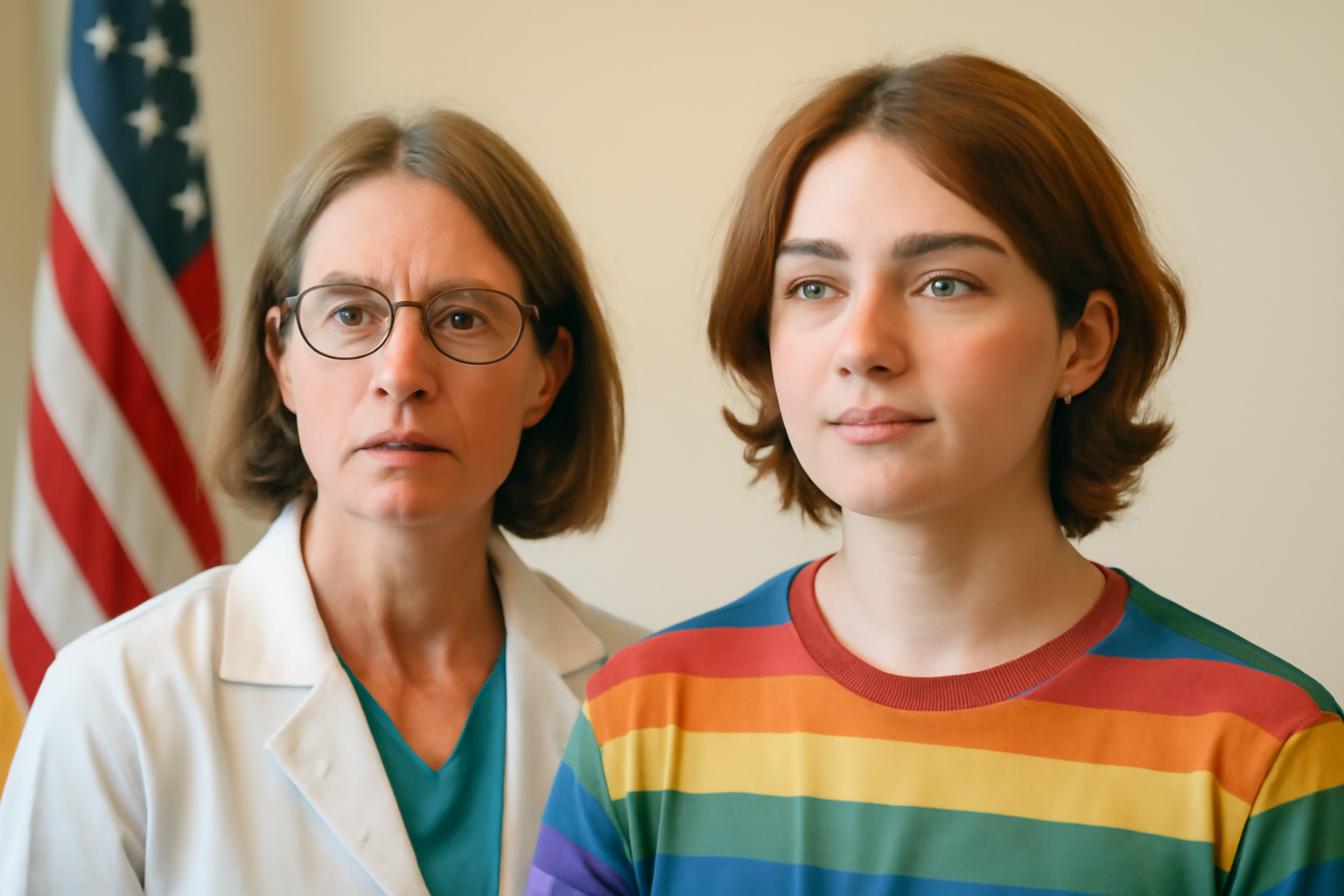
The landscape of healthcare for transgender minors has shifted significantly following recent federal policy changes. In the wake of a new executive order from the White House, Virginia Commonwealth University (VCU) Health and Children’s Hospital has announced a suspension of their gender-affirming care services for patients under the age of 19. This decision places VCU among a growing number of medical institutions reconsidering their offerings due to increased legal and financial pressures.
Impact of the Executive Order
The executive order in question, signed by President Donald Trump on January 28, aims to restrict gender-affirming healthcare for minors. It purports to protect minors from what it terms "chemical and surgical mutilation," framing gender-affirming procedures and treatments as harmful. The order threatens to withdraw federal funding from institutions that continue to provide such care, thus compelling hospitals to reassess their programs.
VCU Health, alongside facilities such as Children’s National Hospital in Washington D.C. and Denver Health in Colorado, has responded by pausing gender-affirming services. These hospitals are navigating the fine line between adhering to federal guidance and maintaining their commitment to patient care, particularly for vulnerable populations like transgender youth.
Reactions and Legal Considerations
The suspension has sparked significant concern and backlash from advocacy groups and legal professionals. Wyatt Rolla, a senior attorney at the American Civil Liberties Union (ACLU) of Virginia, expressed dismay over the executive order's impact. Rolla described it as an effort to intimidate healthcare providers into discontinuing essential services that have been available to patients for years.
Despite the executive order's implications, gender-affirming care remains legal in Virginia and numerous other states. However, the directive introduces substantial financial and legal risks for hospitals, effectively coercing them into compliance.
“This order is a misguided attempt to erase the existence and rights of transgender individuals,” said Rolla. “It’s both ethically and medically unsound to deny care that is proven to be beneficial.”
The Importance of Gender-Affirming Care
Gender-affirming care is widely recognized by medical professionals and organizations for its positive impacts on the mental health and well-being of transgender individuals. The American Medical Association, among others, supports these treatments based on research indicating their efficacy in reducing depression, anxiety, and suicide risk among transgender adolescents.
By threatening these critical healthcare services, the executive order not only endangers the lives and well-being of trans youth but also places undue stress on families and healthcare providers striving to support them.
Future Implications and Community Response
The suspension of gender-affirming care for minors at VCU Health is a stark reminder of the ongoing challenges faced by the transgender community, particularly under policies that undermine their right to health and autonomy. This situation underscores the need for continued advocacy and legal action to protect and expand access to necessary medical services.
Community organizations, legal advocates, and healthcare providers are mobilizing to challenge the executive order and support affected families. The ACLU, among others, is preparing to contest the order in court, aiming to restore access to essential health services and uphold the rights of transgender individuals.
As the conversation around transgender rights and healthcare continues to evolve, it is crucial for communities and allies to remain informed and engaged. Advocacy, education, and legal action play vital roles in ensuring that all individuals, regardless of gender identity, have access to the healthcare services they need and deserve.
The halt of gender-affirming care at VCU Health represents more than a policy shift; it is a call to action for all who support equality and justice in healthcare. Ensuring access to gender-affirming services is not just a medical issue but a fundamental human rights issue that requires our unwavering attention and commitment.
Related Posts
Triumphant Trans Woman Wins Legal Battle and Inspires Others to Stand Up for Their Rights
Breaking new ground: a landmark victory in transgender rights After battling in courtrooms and enduring endless challenges, Diana Portillo, a transgender woman, has secured a monumental victory in her decade-long fight against workplace discrimination. The result? Nearly $1 million awarded in a historic settlement. But this isn't just a win on paper—it represents a powerful precedent in combati [...]
Pride Month in Latin America: Protests and Demands for Equality
**Celebrating Pride and advocating LGBTQ+ rights in Latin America** Pride Month in Latin America was a lively mix where celebration met activism. Communities united, not just throwing a party but making a stand—demanding equality and pushing governments toward better protection and rights recognition. Throughout Latin America, pride events erupted in marches and cultural displays, each with a c [...]
Transgender Erasure Actions Implemented by National Park Service
```html Trump administration's impact on national park service and transgender recognition The Trump administration made notable moves in undermining transgender representation, which included directing agencies like National Park Service not include "T" and "Q" when they refered “LGBTQ” in any official communication. This move seems part a broader plan by this administration aimed at reducin [...]